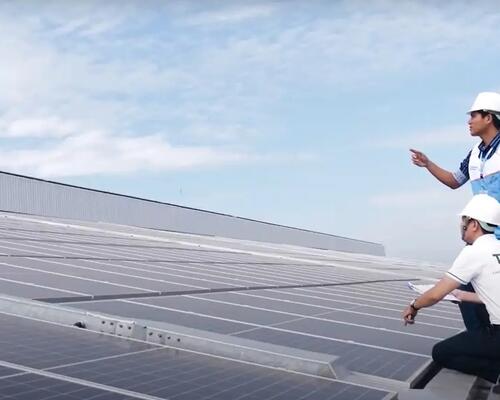Strategy
Decathlon is working to reduce the carbon footprint induced by the transport of its goods. The company tracks CO2 emissions as well as time and cost indicators. The scope covers the transport flows of finished products, from manufacturing plants to store or home delivery. To reduce its impact, Decathlon focuses on the most significant emission sources, i.e. air and road transport, and implements a strategy based on five main pillars:
1. Limiting air transport in favour of sea transport
2. Decarbonising road transport by purchasing energy alternatives to fossil fuels and using transport modes that emit less CO2, such as trains and barges
3. Measuring the CO2 performance of transport to facilitate informed decision-making
4. Optimising truck loading through rationalisation solutions
5. Optimising distances travelled through efficient local logistics schemes.


